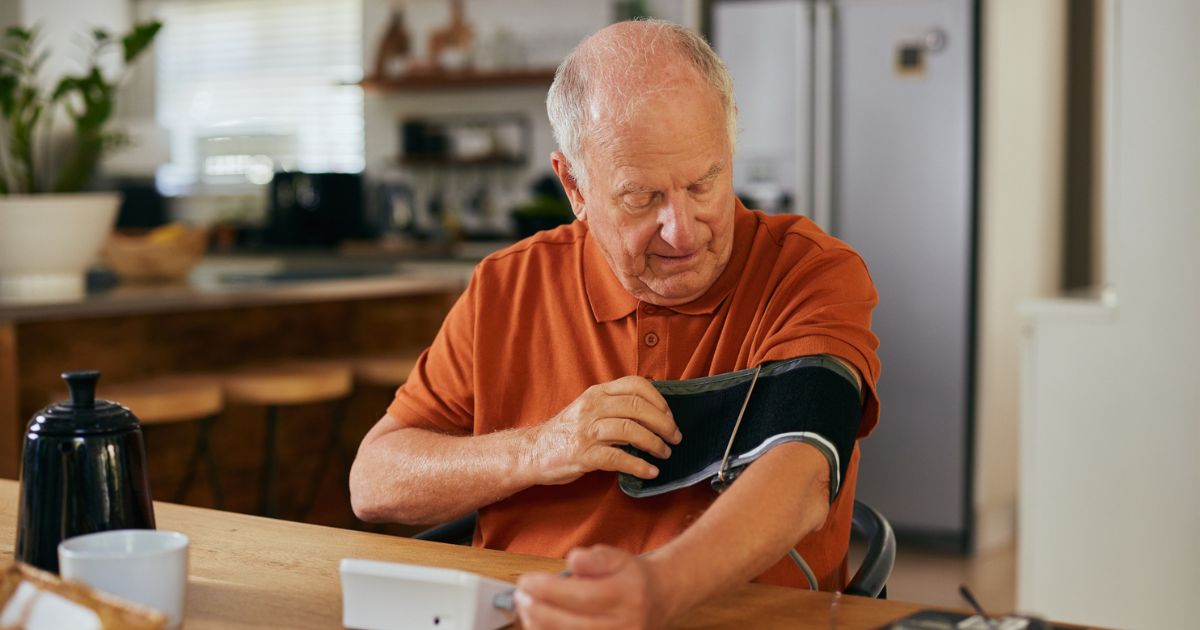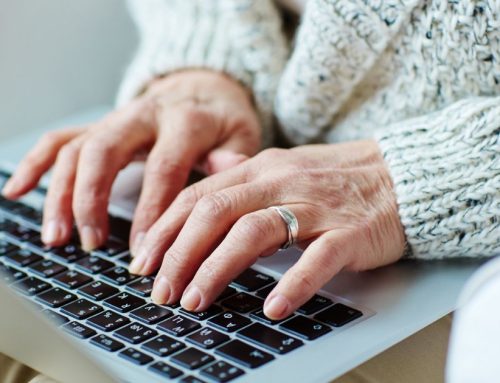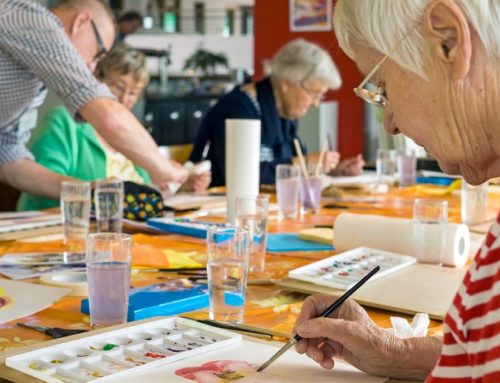
6 Essential Health Screenings for Older Adults: Are You Up to Date?
Regular health screenings are essential in maintaining a long and healthy life at any age. It is vital for aging individuals. It is recommended that older adults undergo regular health screenings to promote quality of life and maintain overall wellbeing.
Health screenings for older adults
Our bodies change as we progress through life, and to achieve optimal health and wellbeing, we must adapt to those changes. Preventive health screenings help monitor the most frequently diagnosed illnesses at this stage of life.
1. Blood pressure monitoring
Why have it checked
A simple yet effective tool for monitoring one’s health is at-home blood pressure monitoring. A chronically elevated blood pressure increases the risk of heart disease and kidney disease and is associated with decreased circulatory health. A simple blood pressure monitor can be used at home to track your blood pressure status regularly.
How is it checked
You can purchase an automated blood pressure machine at your local pharmacy. These devices attach to your forearm with a Velcro adhesive; they calculate your blood pressure with the touch of a button. Make sure you are seated for at least 2 minutes before taking the reading. You should plant both feet firmly on the floor and maintain a relaxed position.
What happens next
It’s wise to monitor your blood pressure at the same time each day and track your readings over time. This information can help your medical provider understand your trends more effectively and identify potential interventions that may be beneficial.
2. Cholesterol screening
Why have it checked
Elevated cholesterol increases your risk of a cerebrovascular accident or stroke. It also increases your transient ischemic attack risk (TIA) and is associated with higher rates of diabetes, obesity, and fatty liver.
How is it checked
A lipid panel is a blood test used to evaluate your cholesterol level. You will need to “fast” before having your blood drawn.
What happens next
Monitoring this level regularly will inform your provider if your cholesterol needs to be adjusted through diet or the addition of medications.
3. Colorectal screening
Why have it checked
An essential tool in health prevention is screening for colon cancer – one of the most frequently diagnosed forms of cancer. By utilizing colonoscopy or fecal occult tests (FOT), your medical provider can detect early-stage cancer.
How is it checked
There are two tests for colorectal screening: Colonoscopy and Fecal Occult Testing (FOT). A colonoscopy is a more invasive exam, done by a gastroenterologist, requiring anesthesia. The Fecal Occult test can be completed independently at home (by collecting a stool sample and sending it to a lab for evaluation).
What happens next
If your findings on colonoscopy or FOT are concerning for cancer, you will see a gastroenterologist to discuss further.
4. Cognitive Impairment/Dementia Screening
Why have it checked
This screening is crucial in maintaining the safety of older individuals. Dementia is not an inevitable part of aging, but it is also not uncommon. By being screened by your provider, you can anticipate future needs and plan accordingly.
How is it checked
Your provider may use an assessment tool called the “Mini-Mental State Examination”
(MMSE) or the “Montreal Cognitive Assessment Tool” (MoCA). Used with regularity, these tools can detect changes in cognition or signs of dementia.
What happens next
Your provider may recommend more frequent screenings or assessments, home services, or provide you with anticipatory guidance.
5. Depression Screening
Why have it checked
Aging individuals have an increased risk of depression due to changing life circumstances. They are at increased risk of loneliness and isolation. Friends may pass away, and social circles become smaller with age.
How is it checked
Your primary care provider may use a tool called the PHQ-9 screening test, which asks how frequently you experience symptoms that may indicate depression.
What happens next
Referral to a mental health professional may be indicated (social worker, psychologist, psychiatrist). Standard treatment options for depression include talk therapy, group therapy, and pharmacological management with antidepressant medications.
6. Fall Risk/Safety Assessment
Why have it checked
The second leading cause of unintentional injury deaths worldwide is fall-related, with individuals 60 years and older being the most significant risk for falls. Falls at home are avoidable if screening and safety interventions are regularly implemented.
How is it checked
Your PCP can conduct an annual fall risk assessment. There are several tools that utilize a combination of survey-type questions and mobility observations.
What happens next
If you are at increased risk for falls, your healthcare provider may recommend a home assessment or provide recommendations on how to improve the safety of your home. They may also arrange for additional professionals, such as a physical therapist or home health aides, to visit your home.
Safe and compassionate care at MorseLife
As you age, it’s crucial to keep a close eye on your health. Fortunately, residents at MorseLife Health System have easy access to healthcare providers and medical staff to ensure they are staying on top of every important screening.
Ensure that you and your loved ones have the appropriate screening by contacting your primary care provider today, and then contact MorseLife to learn how residents can stay healthy and safe with ease.



